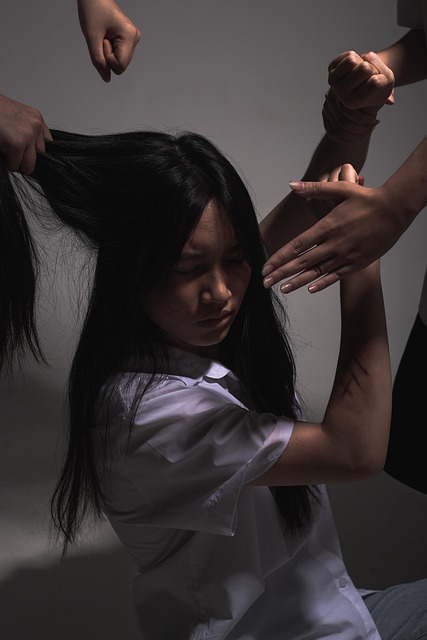Teen Challenge Programs, aimed at rehabilitating teens with addiction and behavioral issues through intense religious discipline, have faced numerous allegations of abuse, neglect, and exploitation. Former participants share harrowing stories of physical, emotional, and sexual abuse in isolated, military-style environments with little oversight. Recent legal developments have brought increased attention to these issues, leading to better victim protections, stricter guidelines, and greater transparency within Teen Challenge programs to prevent future abuse.
“In recent years, Teen Challenge programs, despite their stated goals of rehabilitation, have faced scrutiny for alleged abuse. This article delves into the legal landscape surrounding these cases, exploring both recent developments and the broader implications for victims’ rights. We examine how changes in legislation are holding organizations accountable while offering a lifeline to those seeking justice for Teen Challenge abuse. Understanding these shifts is crucial for navigating the complex interplay between faith-based programs and legal oversight.”
- Understanding Teen Challenge Programs and Their Potential Risks
- Recent Legal Developments in Teen Challenge Abuse Cases
- The Impact of Legal Updates on Victims' Rights and Accountability
Understanding Teen Challenge Programs and Their Potential Risks

Teen Challenge Programs, often characterized as intense religious rehabilitation centers, aim to help individuals struggling with addiction and behavioral issues. While their intentions are noble, these programs have faced significant scrutiny due to allegations of abuse, neglect, and exploitation. Many former participants have come forward with harrowing stories of physical, emotional, and sexual abuse within the strict and isolated environments of Teen Challenge facilities.
Understanding the potential risks associated with these programs is crucial. The high-pressure, military-style discipline; lack of external oversight; and emphasis on religious conversion can create a dangerous environment for vulnerable teens. As recent legal updates highlight, numerous lawsuits have been filed against Teen Challenge organizations, alleging long-term psychological harm caused by their practices. These cases draw attention to the need for greater transparency, accountability, and regulation within the industry to protect individuals from potential abuse.
Recent Legal Developments in Teen Challenge Abuse Cases

Recent legal developments have shed light on the critical issue of abuse within Teen Challenge programs, a Christian-based youth organization. Several high-profile cases have led to significant changes in how such incidents are addressed in court. One notable trend is the increased scrutiny on the organization’s oversight and accountability mechanisms. Legal experts argue that these cases have prompted a reevaluation of the rights and protections for alleged victims, leading to stricter guidelines and penalties for organizations like Teen Challenge.
The courts have been increasingly receptive to victim testimony, prioritizing their safety and well-being above institutional secrecy. This shift has empowered survivors to come forward and share their experiences, resulting in more successful prosecutions. As a result, Teen Challenge abuse cases are now subject to closer examination, with a focus on improving transparency and holding responsible parties accountable.
The Impact of Legal Updates on Victims' Rights and Accountability

Legal updates play a pivotal role in strengthening victims’ rights and enhancing accountability for Teen Challenge abuse cases. With each new development, there’s an opportunity to solidify protections for vulnerable individuals who may have suffered at the hands of organized abuse within these programs. These updates ensure that victims have access to justice, enabling them to share their stories and seek redemption while holding perpetrators responsible.
The impact extends beyond individual cases; it sends a clear message that societal norms and legal frameworks are evolving to combat such atrocities. As a result, institutions like Teen Challenge may be incentivized to implement more stringent safeguards and transparency measures to prevent future instances of abuse. This collective effort fosters a culture where no one remains silent or unaffected by the reverberations of Teen Challenge abuse cases.
In light of recent legal updates, the landscape surrounding Teen Challenge abuse cases is evolving, offering enhanced protections for victims and a greater emphasis on accountability. These developments are a testament to the growing awareness of the potential risks within these programs and the importance of ensuring justice for those affected. As the legal framework advances, it promises to empower survivors and foster a more transparent and responsible environment in the management of Teen Challenge Programs.
